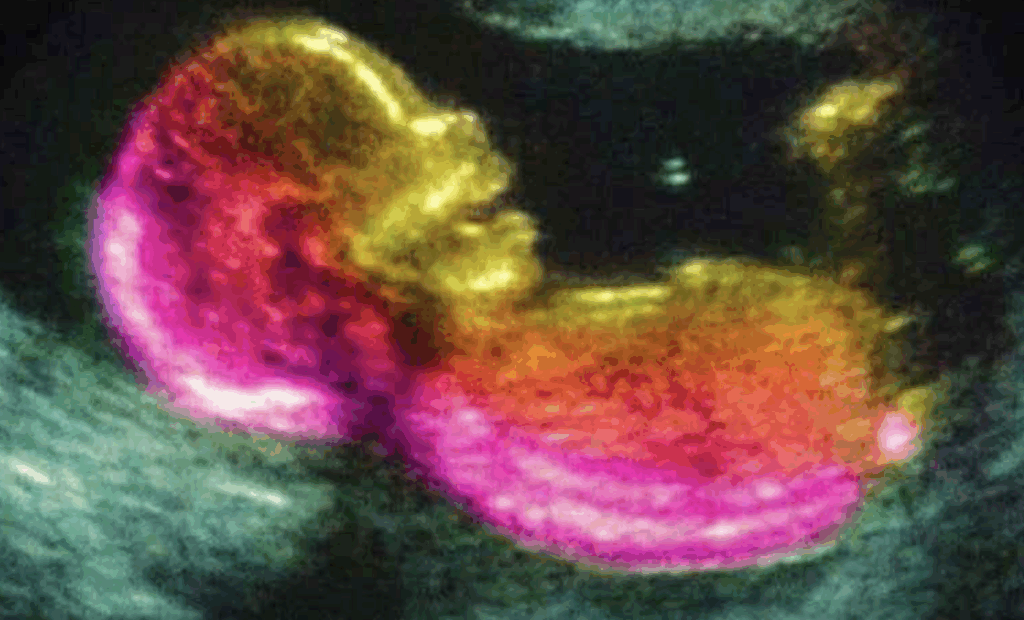
New Research Points to Maternal Gut Health as Key in Autism Risk
Recent findings suggest that the microbes residing in the gut of expectant mothers might influence whether their children develop autism-related traits. A study published in The Journal of Immunology examines how the maternal microbiome and immune signals interplay during pregnancy and early brain development.
What the Study Did
Researchers focused on a molecule called interleukin-17a (IL-17a), an immune signal known to play roles in inflammation and defense against infection. The study was conducted using mouse models with different gut bacterial compositions:
One group of pregnant mice carried gut bacteria known to promote an inflammatory response via IL-17a.
Another group served as the control, without those pro-inflammatory gut bacteria.
The team suppressed IL-17a in the development stage. Once those immune signals were inhibited, offspring in both groups showed behavior more typical of neurodevelopment — no obvious autism-like tendencies. When IL-17a was allowed to act normally again, the offspring from mothers with the pro-inflammatory bacteria group began to display repetitive behaviors, one of the hallmarks of autism in mice.
Further, by transferring fecal matter from the high IL-17a group to the control group (a kind of bacterial transplant), researchers were able to induce similar autism-like behaviors in the latter group’s offspring.
Key Insights
Maternal microbiome has strong influence: The findings suggest that what’s happening in the mother’s gut (her microbiota) can shift how the child’s brain develops — possibly more so than the child’s own microbiome after birth.
IL-17a as a bridge: This immune molecule seems to serve as a crucial link between gut bacteria and brain development in the womb.
Potential interventions? The researchers propose that understanding which features of a mother’s microbiome correlate with higher autism risk could lead to ways to modulate it — maybe through diet, probiotics, or other means. But, as they note, directly manipulating immune function during pregnancy is risky.
What’s Next & What to Be Careful Of
While the study opens compelling avenues, it also has limitations and raises questions:
These experiments were done in mice. Human brain development is far more complex, so findings in mice don’t always directly translate.
IL-17a, although implicated here, is only part of a much larger immune environment. Manipulating it could have unintended effects — both for the mother and fetus.
Ethical and safety concerns arise when considering any immune-modulating interventions during pregnancy.
Bottom Line
This research adds to growing evidence that maternal gut health and immune signaling could play a significant role in neurodevelopmental outcomes, including traits associated with autism. Identifying safe ways to support healthy microbiomes in pregnant people could someday be part of strategies to reduce risk — but much more work is needed before that becomes possible.